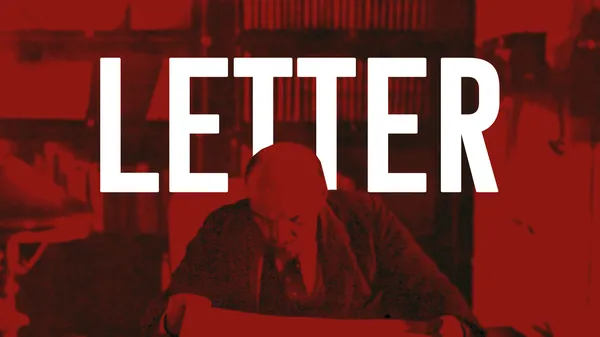Jacobin editor Meagan Day recently relayed a historical account of the entwinement of socialist and occult practices. Applauding the US socialist movement’s embrace of materialist practice, Day claims that its abandon of occultism and complementary millenarian complexes has been a success: “Our movement is better off for esotericism’s drift rightward; the Right is welcome to distract itself with necromancy while we engage in rational political and economic analysis to strengthen the workers’ movement.” We love a congratulatory history.
It is not true, however. In her 2019 text Occult Features of Anarchism: With Attention to the Conspiracy of Kings and the Conspiracy of the Peoples, anarchist anthropologist Erica Lagalisse conducts a similar study. She examines how early revolutionary societies were, in fact, modeled after the structure of occult groups. And, further, she warns against ignoring the occult and conspiratorial tendencies of the people; they often hold confusing truths:
...upon proper examination of a given popular theory, we may realize it actually communicates something of the everyday truth lived by its purveyor. It may be inaccurate to state that the survivors of a given high school massacre are merely ‘crisis actors’; on the other hand, working people are not entirely wrong in their general suspicion that the professional class is trying to kill them.[1]
In that light, we can see the “science” of scientific socialism more as a renewed expression of bourgeois authority than necessarily an interest in material practice. And, so, abandoning occultism to the Right is ceding ground, not a strategic repositioning.
Then, one has to wonder, how scientific is socialism these days anyway? As comrade Rattner observed, US socialists seem quite content to orient themselves around messianic figures who will deliver them from capitalism. The ritualistic fashion in which they “do the work,” unceasing, and await “socialism in our lifetime” belies the idea that they are part of a scientific process. It is, instead, socialism as a summoning. To deny a tradition of occultism, as Day does, is itself a denial of historical materialism. It presents political history as a choice between ideological doors, which shut once passed or picked.
Arrested by a diary entry by one of Freud’s patients about the apparition of a wolf,[2] Avery Gordon tried to investigate what a sociology of ghosts might look like. She settles on a description that the ghostly is
...that special instance of the merging of the visible and the invisible, the dead and the living, the past and the present—into the making of worldly relations and into the making of our accounts of the world. It is a case of the difference it makes to start with the marginal, with what we normally exclude or banish...[3]
By looking at historical social patterns and how they may revivify (as Day’s article does!), we can consider new paths for ourselves. Until we do so, however, we must admit that socialism is haunted by its own ghosts.
-Rosa Riposto
Liked it? Take a second to support Cosmonaut on Patreon! At Cosmonaut Magazine we strive to create a culture of open debate and discussion. Please write to us at submissions@cosmonautmag.com if you have any criticism or commentary you would like to have published in our letters section.
-
Erica Lagalisse, Occult Features of Anarchism: With Attention to the Conspiracy of Kings and the Conspiracy of the Peoples (PM Press, 2019), 94.
↩ -
Sabina Spielrein wrote in 1910: “When I looked at myself in the mirror before going to bed, I was taken aback; that couldn't be me, that stony gray face with the uncannily grim, burning black eyes staring out at me: it was a powerful, baleful wolf that lurked there coldly in the depths and would halt at nothing.” See: Avery Gordon, Ghostly Matters: Haunting and the Sociological Imagination (New University of Minnesota Press, 2008), 49.
↩ -
Ibid, 24.
↩
